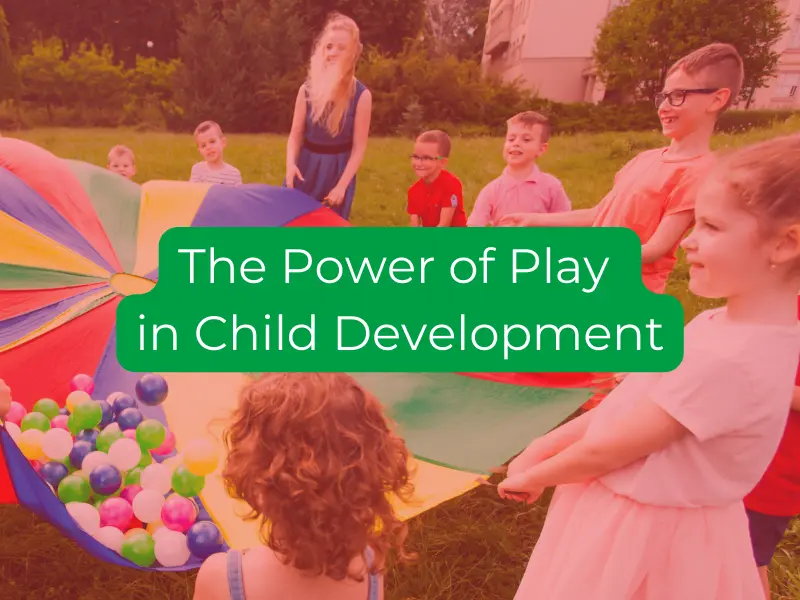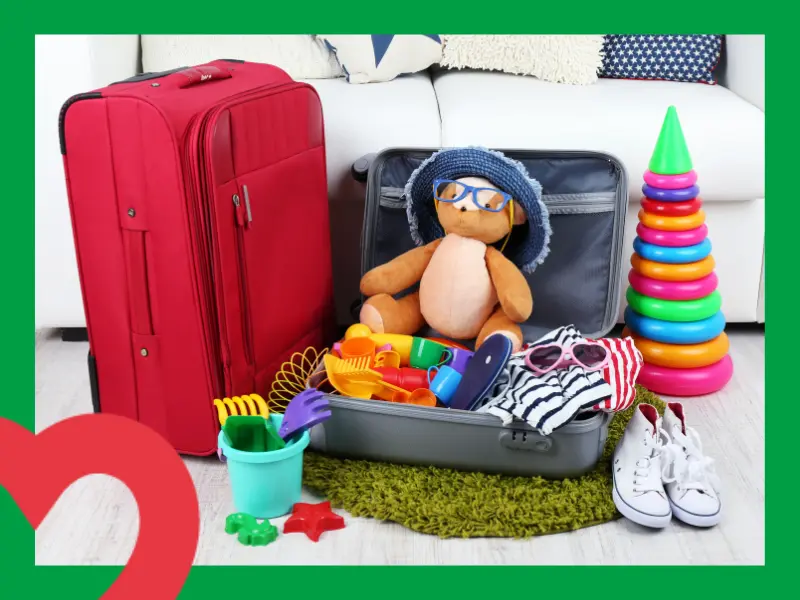The Power of Play in Child Development
Date published
07 August 2024

At Calon Cymru, we firmly believe in the power of play for children, regardless of their background or experiences. Play is a universal language for children allowing them to relax, have fun, learn social skills and build relationships. On top of this, it can play a crucial role in communication, especially for children who have experienced trauma.
Play is essential to a child’s development. It helps with speech, understanding, and logic. Through play, children can explore their world, learn and develop skills.
For foster children who have faced difficult and traumatic experiences, play can help them to express and understand their emotions in a safe space. Acting out experiences through play allows them to make sense of their past, understand their traumas, and begin the healing process.
“Play is significant for children, regardless of whether or not they have experienced trauma. It’s how they relax, have fun, learn social skills and bond with others. Play is crucial, it is essential to a child’s development. It helps with their speech, cognition and reasoning and in the case of children who have experienced trauma, it can play a part in helping them to piece together what has happened to them. If a child hasn’t had the opportunities to play it can have a significant impact on their holistic wellbeing. Foster children can act out experiences through play, so the role of a foster carer is pivotal in ensuring support to the child, to help them understand their traumas and heal from them. You’re never too old to play” – Emma, Placement Support Officer
Foster carers play a vital role in supporting therapeutic play. That is why we provide specialist training for foster carers working with children and young people in therapeutically led care. Foster carers provide not only a safe space for children to play and explore but also play an active role in supporting children as they navigate their emotions and experiences. By engaging in play with their foster children, carers can build trust, encourage open communication, and strengthen their bond.
Engaging in playful activities with children can create a fun and trusting atmosphere, breaking down barriers and creating a feeling of belonging and security. For children who have faced instability, this sense of belonging is especially important. It reassures them that they are valued, loved, and understood.
As well as the benefits to expressing and communicating past experiences, play can help children develop essential life skills. Playing with others teaches them about cooperation, sharing, and empathy.
We encourage foster carers to embrace the power of play. Every child deserves the chance to play, to heal, and to thrive.
Fostering insights
07 August 2024

We are often asked if foster children can be taken on family holidays with their foster carers. The short answer to this is yes. Taking a foster child on holiday can be a rewarding and enriching experience for everyone involved.

A foster child can join your family at any time and when a birthday is just around the corner this can potentially be difficult to discuss. You might be feeling unsure whether celebrating was something usual for the child or a potentially emotional time.

It’s easy to talk about the best times of fostering, the laughter, the fun, the love, the breakthroughs, even the tiny ones that we go over the top to celebrate in the hope they keep coming. However, the downside of this and there is one, is the heartbreak of a placement finishing even if it’s been a really good placement with a great outcome. We grieve.
Get in touch today for a casual, friendly chat with our experienced foster advisors.
Contact us
